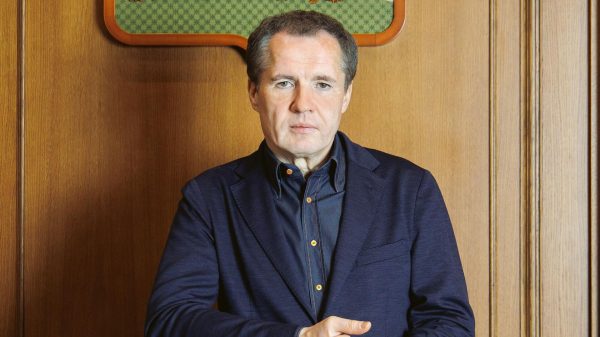A ban on building new single-family houses in popular urban areas has been mooted by a leading German Green MP, who has said they are environmentally unfriendly because they use too much space and energy.
Anton Hofreiter, parliamentary group leader of the environmental party has drawn both praise and criticism for suggesting that houses were an unsustainable option in urban areas.
“Single-family homes consume a large surface area, a lot of construction material and energy and they lead to urban sprawl and therefore generate more traffic,” he told Der Spiegel magazine in an interview.
Hofreiter said at a time when living space in many German towns and cities was increasingly scarce, and rents were soaring, the country needed to radically rethink its residential development policies.
“Local authorities should be ensuring in their development planning in congested urban areas that where there is a lack of space this is used optimally in order to create affordable living areas,” he said. “This is a central, social question particularly in our large cities.”
He also recommended that local authorities should be allowed to appropriate private homes that had been abandoned or whose owners could not be located. In a separate interview, his party colleague Chris Kühn declared: “the time of new build single-family homes is over”.
His remarks follow the recent controversial decision by a Green party district authority leader in the northern city of Hamburg to ban the construction of single-family homes.
Hofreiter has been accused of populism and attempting to restrict Germans’ freedom to choose how they live.
“The Greens have once again surpassed themselves with this populist and sanctimonious attitude,” Sören Bartol, of the left-of-centre Social Democrats said.
Christian Hirte of the Christian Democratic Union said Hofreiter’s remarks were “typical for the Greens’ disturbed relationship towards property and the reality of life in rural areas”. His colleague Christian Baldauf, the CDU’s lead candidate in the state of Rheinland-Pfalz, said Germans who wanted to build their own homes should not be dictated to. “This is an example of an anti-family, ideological policy.”
Daniel Föst of the pro-business FDP accused the Greens of “wanting to put people off the dream of owning their own home”.
The increase in inhabitants in towns and cities in Germany over the past few years together with low interest rates has caused house prices and rents to rise far quicker than incomes, creating a squeeze on living space.
But Lars Feld, one of Germany’s leading economists warned that a ban on family homes was not the answer to the problem, and would likely lead to more social inequality.
“People who already live in houses, would profit because their value would likely rise considerably,” he told Der Spiegel. “That would likely lead to a decrease in the proportion of people who own their own properties, which is anyway very low in Germany compared to the rest of the world, because people would be forced to rent. And this would lead to greater wealth inequality”.
In Germany only about 45% of the population own their own property, according to the Organisation for Economic Cooperation and Development (OECD), compared with about 65% in the UK. .
The Green party is predicted to secure a strong result in this autumn’s federal election, which could see it back in government for the first time since 2005.
























































Свежие комментарии